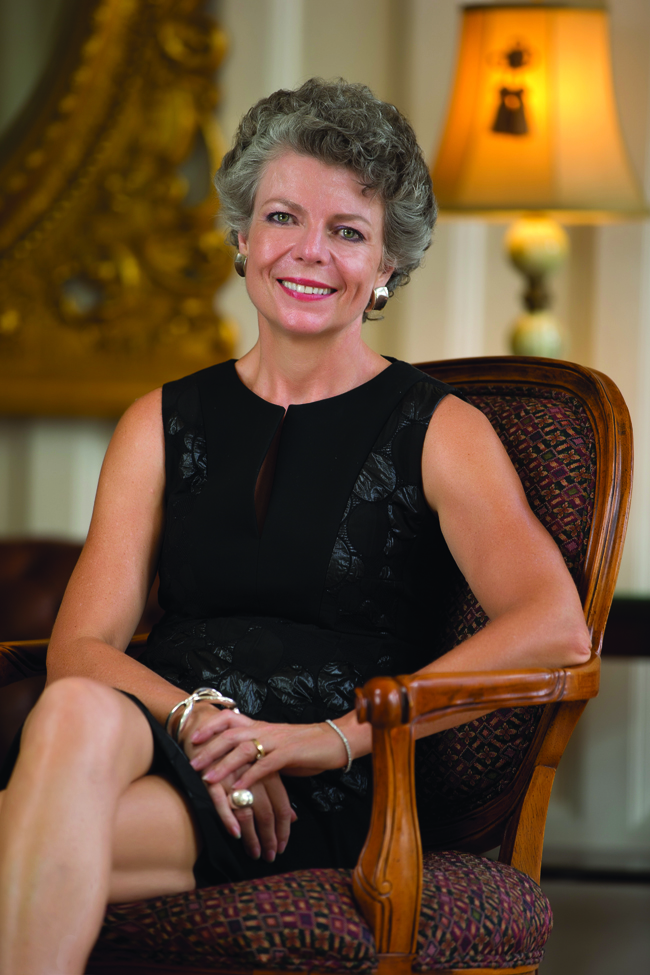
Researchers in the social sciences know how consternating it can be when their investigations produce unexpected results.
Such was the case in 2015 when professors Dale Farran and Mark Lipsey found themselves face to face with findings that students in Tennessee’s Voluntary Pre-K Program experienced a drop-off in academic achievement in the years after entering elementary school.
Ever faithful to their data, however, Lipsey and Farran looked deeper, where complexity yielded fresh thinking, not just about access to pre-kindergarten, but also the importance of ensuring program quality and reinforcing pre-K gains with more effective teaching in the elementary grades.
The impact of their research, detailed in this issue, is yet another example of how Peabody College changes and improves in crucial areas of education practice. Peabody faculty members are engaged in work that benefits our city, our state and our country.
Professor Jason Grissom is another faculty member whose research recently has turned up thought-provoking results. In a new study on racial disparities in gifted education, his findings suggest that they may originate in unintended bias on the part of the teachers who act as gatekeepers to limited gifted education offerings.
This is a battle that Professor Donna Ford knows well and has been fighting for many years. Grissom’s research reminds us that even those with the best intentions cannot always see the ways their judgment is constrained. It also highlights the need for a more diverse teacher workforce.
“… even those with the best intentions cannot always see the ways their judgment is constrained.”
—Camilla P. Benbow
Poverty plays a role in both the above studies, just as it does in Professor Jeannette Mancilla-Martinez’s work with English language learners. Professor Mancilla-Martinez is new to the Peabody faculty, but her research on the importance of helping non-native English speakers develop complex language skills fits well with existing Peabody faculty strengths.
One of her assertions is that language assessments are too narrowly designed and need to become more equitable. I take this as a real-world example of why Peabody’s and Vanderbilt’s commitment to equity, diversity and inclusion is so important. Peabody’s ability to influence increasingly diverse classrooms in a positive way depends on our ability to produce graduates who are culturally competent. Elizabeth Self, a current graduate student, has done work for her dissertation that may help future teachers gauge just how competent they really are.
Finally, Charity McCracken, a freshly minted Peabody graduate, evinces a desire to help the kinds of students that Professor Mancilla-Martinez—indeed, all our faculty—seek to benefit. I wish her well, as I do all of our new graduates and longtime alumni.
As always, I am grateful for your own support of our work.
Camilla P. Benbow
Patricia and Rodes Hart Dean of Education and Human Development